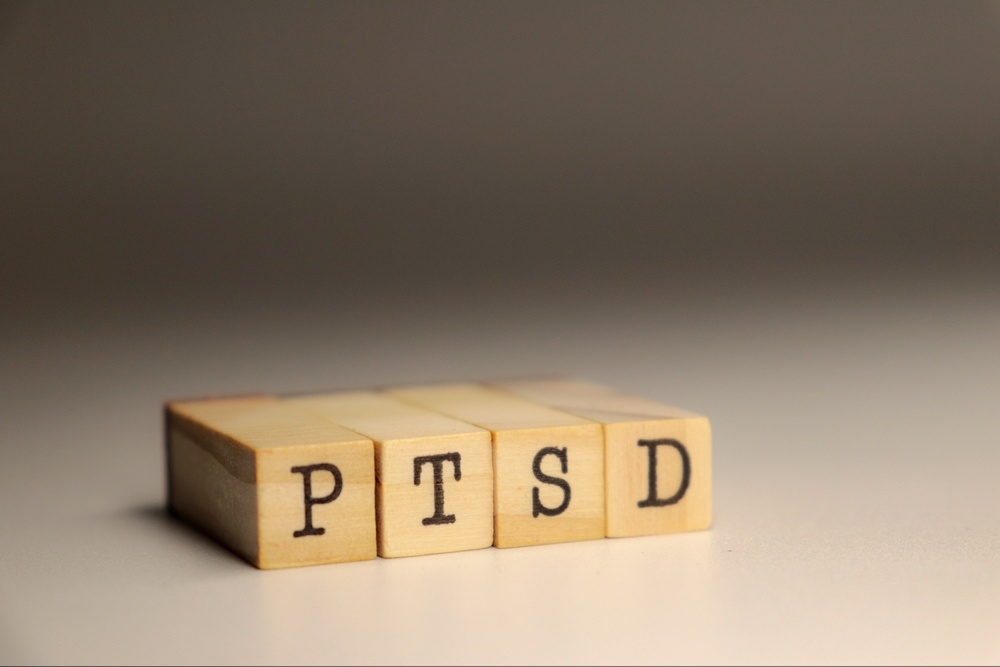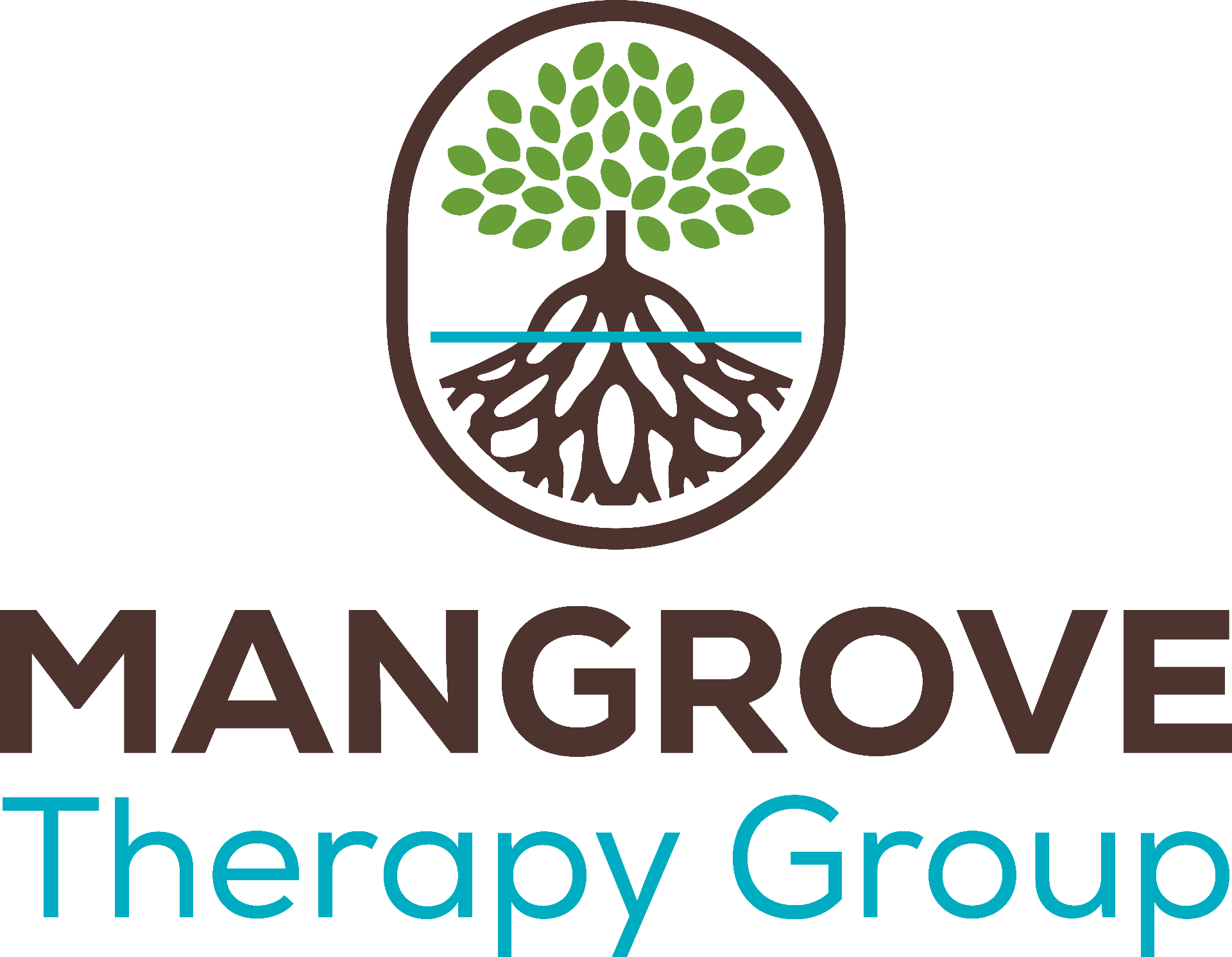Feeling Feelings in Trauma Therapy: Do I Have To???

Introduction
 Trauma therapy is often a complex process – a journey per se into the depths of the human mind and body, usually requiring clients to confront emotions that have been buried or suppressed for a really long time. This crucial task of feeling one’s feelings is an undertaking that is both essential and immensely challenging for some. To survive, many people with long histories of significant adversity have pushed down their painful emotions into the proverbial vault, hoping to leave them there forever, never to see the light again for as long as they live. So, when they come to therapy and are presented with the notion that to heal requires tuning in to these emotions they have worked so hard to detach from, naturally, there is often reluctance. But do we really have to feel our feelings to heal???
Trauma therapy is often a complex process – a journey per se into the depths of the human mind and body, usually requiring clients to confront emotions that have been buried or suppressed for a really long time. This crucial task of feeling one’s feelings is an undertaking that is both essential and immensely challenging for some. To survive, many people with long histories of significant adversity have pushed down their painful emotions into the proverbial vault, hoping to leave them there forever, never to see the light again for as long as they live. So, when they come to therapy and are presented with the notion that to heal requires tuning in to these emotions they have worked so hard to detach from, naturally, there is often reluctance. But do we really have to feel our feelings to heal???
The Impact of Trauma
The effects of Trauma or PTSD/CPTSD on a person are profound. We used to think that trauma was psychological in nature, but we now know that it is a very neurobiological process involving not just our minds but also our bodies. Think of the best-selling book on trauma, “The Body Keeps the Score” by Dr. Bessel Van der Kolk. Every major system in the body is impacted, often leaving excruciating somatic sensations that many try to escape from.
When a person is traumatized they experience uncomfortable visceral feelings which causes them to instinctively try to detach from them. This can be done in many ways through repression, dissociation, or even with the use of substances and compulsive behaviors (think “numbing”). When these painful feelings continue to get triggered, more attempts are made to detach, and this cycle then actually sensitizes things making them more uncomfortable. This continuous activation of traumatic memories, followed by repeated attempts to push them away, results in a kindling process where things just get worse and worse.
Over time a person can develop what is called Alexithymia, a concept coined in the 1970s which refers to a difficulty in identifying, describing, and processing one’s own emotions. For individuals grappling with trauma, alexithymia is often a coping mechanism – a defense shield created to protect oneself from overwhelming feelings. In the face of overwhelming experience, the mind can instinctively compartmentalize emotions, pushing them to the deep recesses of consciousness. While this response may have served a protective function in the past, it now becomes a barrier to healing in the context of therapy.

Trauma Therapy and Feeling Your Feelings
Trauma therapy aims to unpack and reprocess the pain of the past, fostering a deeper understanding and integration of one’s adverse experiences. Yet unsurprisingly, the path to healing is full of obstacles, chief among them the reluctance or inability to experience emotions. Clients may find themselves grappling with a sense of numbness, detachment, or dissociation. They may feel a protective yet challenging void where emotions should reside. Therapists ask, “What do you feel?” or “Where do you feel that in your body?” and the answer is often “nothing” or “nowhere”, however, some part of you senses that there is pain somewhere deep below. Here’s the paradox: to heal from trauma, one must feel their feelings, yet confronting these feelings can be REALLY uncomfortable and can evoke feelings of fear, shame, and distress.
Psychotherapy for trauma involves feeling feelings enough to produce a therapeutic working-through of unresolved emotions, yet not feeling them so much that a person is flooded, overwhelmed, or swallowed by the enormity of their memories. To do this successfully, clients are asked to practice what is called embodiment, the ability to observe and notice one’s inner self. As you can imagine, this proposition – for someone who has spent their whole life trying NOT to feel and trying to detach from one’s own body – sounds crazy! So you’re asking me to feel all this yucky stuff??? Are you mad?!? Yet, to not feel our feelings leaves these traumatic experiences stuck.

Feeling one’s feelings is not merely a therapeutic technique but a major act of courage and self-compassion. It requires the willingness to sit with discomfort, peel back the layers of protective armor, and embrace the full spectrum of human emotion (even the yucky stuff). Through this often-uncomfortable process, individuals begin to reclaim agency over their lives and their story.
Here is where a strong, therapeutic relationship with a skilled clinician is of utmost importance. It’s a lot easier to “go there” when in the safety and containment of someone who you trust has the strength, care, and expertise to guide you through the work. Someone who understands you and your emotional threshold, who will help you deftly traverse the emotional minefield. Someone who can help you find just the right pace, not too fast, but not too slow (see our blog on the importance of pacing in trauma therapy).
Conclusion
Trauma therapy is a courageous process where a person can get past their past and heal from adversity. Yes, progress does require some ability to feel one’s feelings, which is a challenging endeavor for so many who have tried so hard not to feel throughout their lives. However, this can be done in a deliberate and manageable way with a skilled and experienced clinician. So while this path may be fraught with challenges, the potential rewards are immeasurable. By embracing the complexities of their emotional landscape, individuals can chart a course toward healing, reclaiming their voice and personal agency in the process.
Begin Trauma Therapy in Palm Beach County, FL
Working through past trauma can be scary, but you don’t need to do it alone. Our team of caring therapists would be happy to help you heal from the past and empower you to start feeling your feelings. You can start your therapy journey with Mangrove Therapy Group by following these steps:
- Contact Mangrove Therapy
- Meet with a caring therapist
- Start healing from trauma in healthier ways!
Other Services Offered with Mangrove Therapy Group
The Mangrove Therapy Group is happy to offer support for a variety of mental health concerns in addition to trauma therapy. Our therapists are experts in treating, EMDR, and PTSD/C-PTSD, substance use disorders, eating disorders, body image issues, anger management, anxiety, low self-esteem, personality disorders, and much more. In addition, we also offer support with addictions such as process addictions, grief and loss, EMDR, “Failure to Launch” syndrome, CBT, and DBT. Feel free to learn more by visiting our blog or FAQ page to learn more today!

